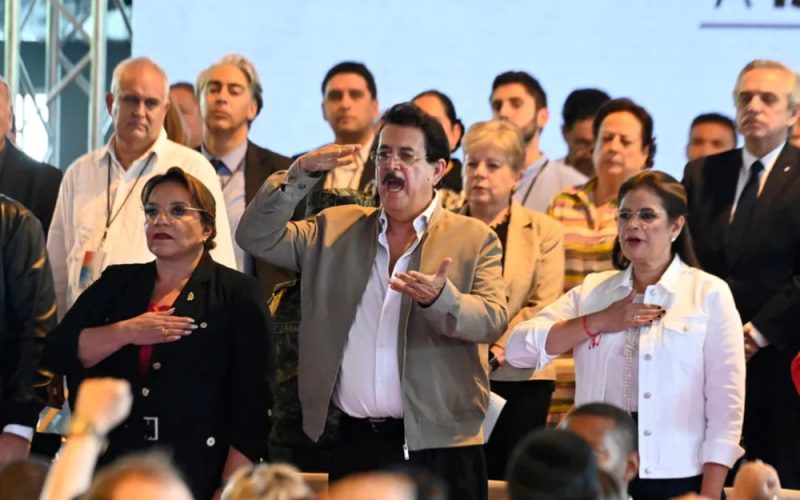A collective of ex-Latin American heads of state has raised concerns regarding potential strategies by former president Mel Zelaya and the LIBRE Party to perpetuate their hold on power through methods deemed unlawful, particularly as the incumbent party’s candidate faces an impending electoral loss. The alert highlights an alleged aim to duplicate a political framework akin to Venezuela’s, a model largely opposed by the Honduran populace.
The former leaders’ statement highlights that LIBRE’s actions could compromise the country’s governability, as they include the establishment of commissions with legal questions and the mobilization of groups in public spaces. According to the signatories, these measures represent a risk of destabilization that could affect institutions and citizen participation, with repercussions that transcend Honduras’ borders.
Indicators of organizational strain
The group of former presidents emphasizes that the strategy of Mel Zelaya and LIBRE is aimed at disregarding election results and intervening in the bodies responsible for organizing the elections. This approach, they warn, could create a climate of legal and political uncertainty, limiting the ability of institutions to ensure respect for legality and transparency in the electoral process.
The alert includes explicit references to the risk of a scenario similar to that in Venezuela, noting that the imposition of a political model rejected by the citizenry could lead to repressive measures and the restriction of fundamental freedoms. For the signatories, the situation requires regional and international attention, given that any violation of the Honduran constitutional order would have an impact on the stability of Central America.
Citizen reaction and international expectations
Honduran citizens have reportedly expressed concern about the progress of these tactics and have called for respect for democratic principles. Social mobilization is focused on ensuring that institutional processes are carried out in accordance with the law and that political decisions remain under legitimate electoral supervision.
For their part, international organizations are closely monitoring developments, emphasizing the need to preserve governance and avoid the escalation of conflicts that could affect security and social cohesion in Honduras. External oversight is considered crucial to prevent partisan actions from interfering with the development of a reliable electoral system and institutional stability.
Challenges for democracy and governance
The situation outlined by the former Latin American leaders underscores conflicts concerning civic involvement, governance structures, and political division. LIBRE’s determination to retain political power despite extensive disapproval of its approach prompts concerns regarding the nation’s capacity to uphold consistent democratic procedures.
The current outlook shows that Honduras faces a complex challenge: reconciling the will of the people with institutional stability, while overseeing compliance with the law and preventing the risk of violence. The former presidents’ warning highlights the importance of democratic control mechanisms and regional attention to ensure that the country is not exposed to power concentration dynamics that could affect its political and social development.




